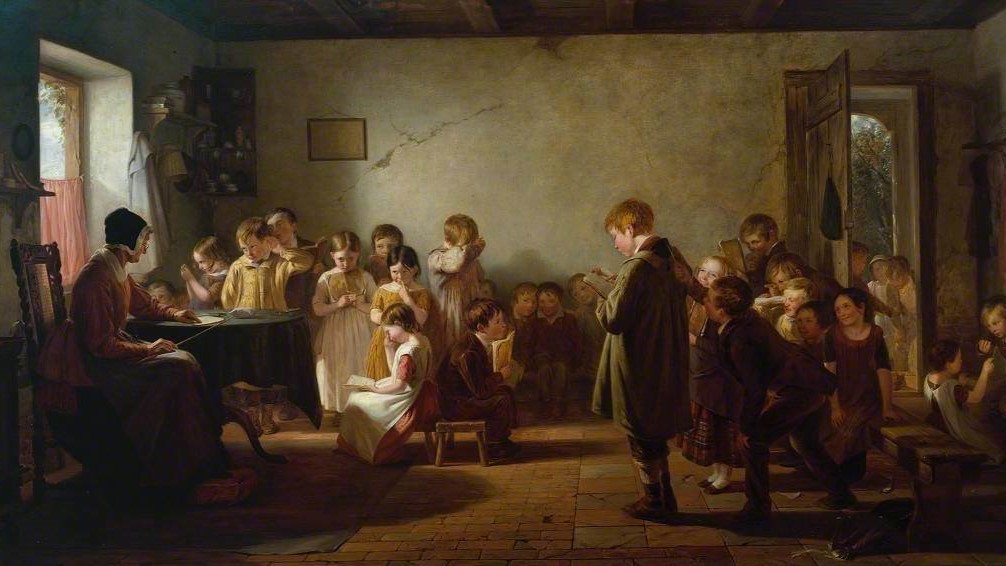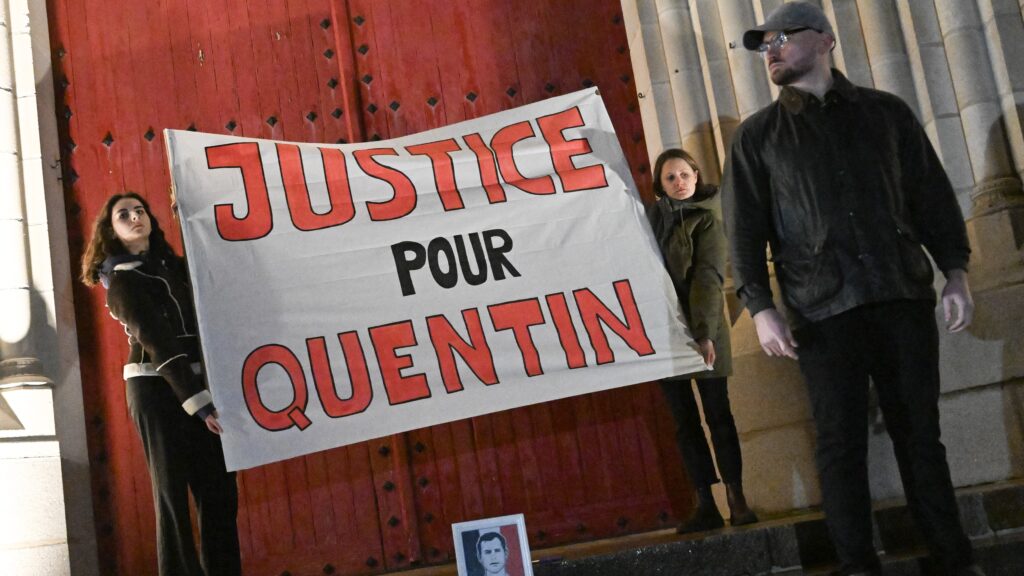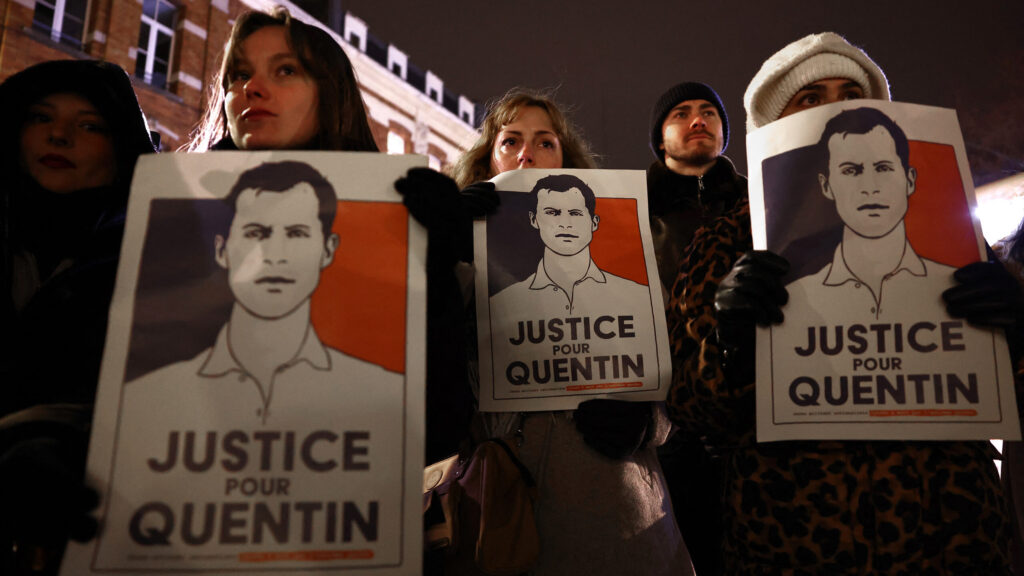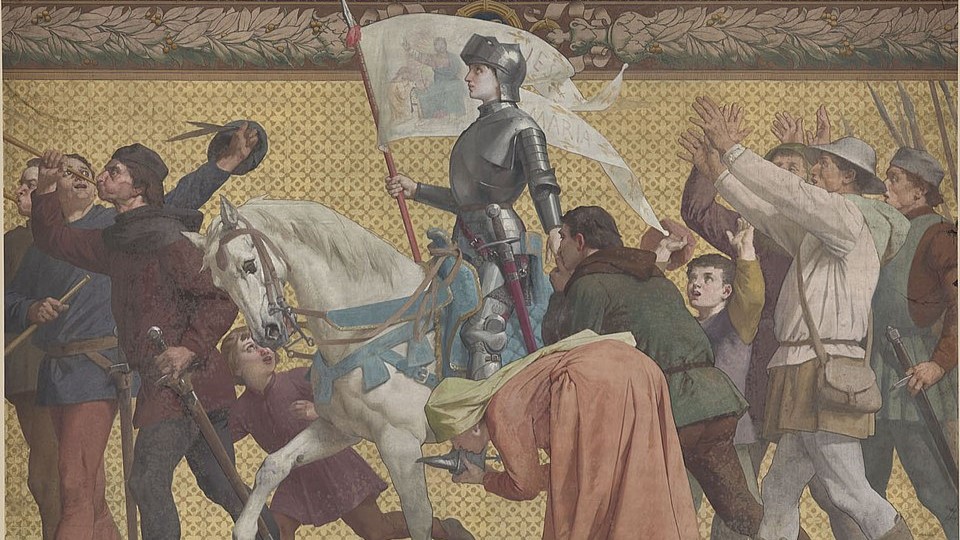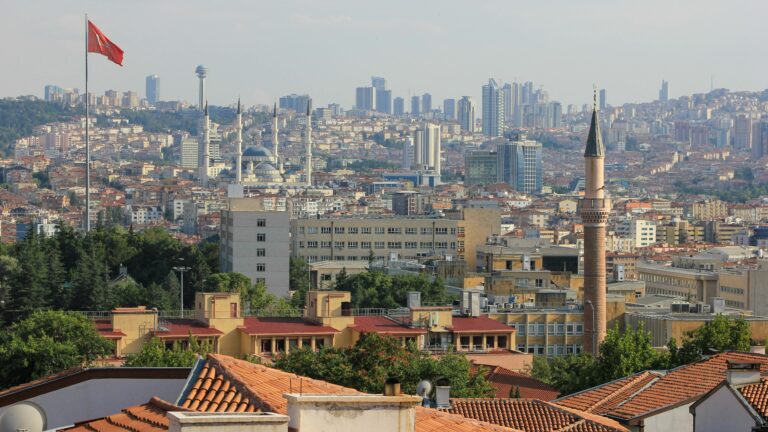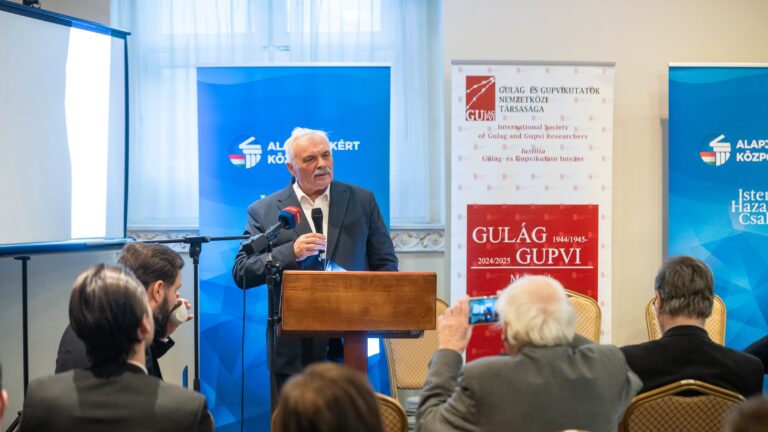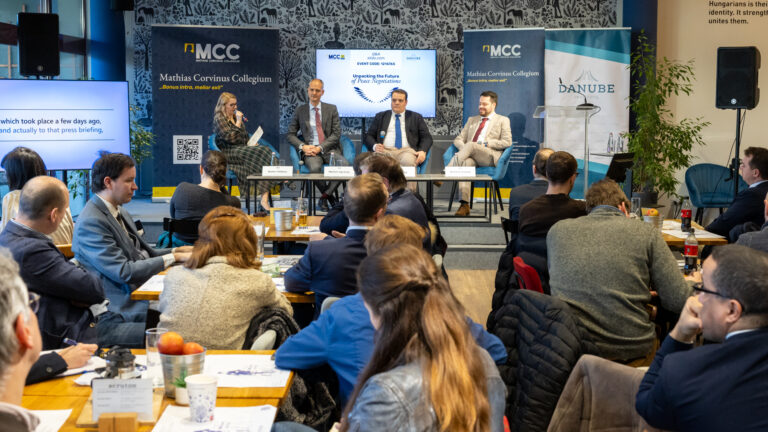On 27 June 2025, the French Council of State (supreme administrative court) unfortunately rejected an appeal against the school programme on emotional, relational, and sexual education called ‘EVARS’. This appeal was initiated by several French family rights advocacy associations, as well as by 300 parents of students, including my wife and me.
We asked the Council of State to cancel this programme, which we find shocking, and which infringes on our parental authority. We did not win our case, and the EVARS programme will therefore be implemented in September in all public and contract private schools in France.
Between the ages of 4 and 6, children will be required to learn to name different types of families: ‘opposite-sex parent, single-parent, same-sex parent, adoptive, blended, childless’. They must also learn to ‘identify stereotypes in toy catalogues, advertisements, and the choice of colors in packaging’, and, based on that, they are expected to make proposals on the distribution of space and games in the schoolyard. As an experiment in Strasbourg, children were equipped with GPS trackers to evaluate this distribution between boys and girls.
In preschool, children must draw a ‘daisy of trusted adults’, and the teacher must clearly explain to them that trusted adults are not necessarily their parents. Then, throughout primary school, children are to be taught that their parents do not have the right to spank them, as it is considered physical violence prohibited by French law. Each year, children must practice dialing emergency numbers on a phone so they can alert the authorities in case of physical violence—in other words, if they are spanked by their parents.
‘Children must draw a “daisy of trusted adults”, and the teacher must clearly explain to them that trusted adults are not necessarily their parents’
In middle and high school, the programme covers: contraception, abortion, LGBT rights, gender transition, and fighting against gender-based discrimination. This programme is taught by associations approved by the National Education Ministry, particularly the French Planned Parenthood.
For middle and high school, this is not entirely new. When I was in seventh grade—I was barely 12 years old—Planned Parenthood distributed a booklet to us with 20 testimonies from students our age about their first sexual experience. Half of these sexual experiences were homosexual, and many in the class believed for a long time that half of us would become homosexual. In tenth grade, our homeroom teacher took us to see a Planned Parenthood propaganda film about abortion (Les bureaux de Dieu).
The EVARS programme is therefore a continuation of what already exists in France. It also reflects the implementation of recommendations from the World Health Organization (WHO). The WHO recommends ‘a holistic approach to sex education, starting at birth.’ Sex education should be mandatory, become a subject in exams, and be ‘participatory’.
The rejection of our appeal by the Council of State is bad news, because this EVARS programme is a danger for the children of France.
The Council of State’s decision contrasts with a ruling made the same day by the United States Supreme Court. The US Supreme Court was also petitioned by parents who objected to their children attending a gender workshop in preschool and elementary school. The Supreme Court sided with these parents, invoking their right to provide moral and religious education to their children—a right protected by the First Amendment of the United States Constitution.
‘the State has assumed the role of educator of our children—not to teach them to read and count, but to “share the values of the Republic” with them’
The French Council of State, however, in its ruling, did not base its decision on educational freedoms. Instead, it invoked two principles from the Education Code. These principles are quasi-totalitarian: ‘The Nation assigns as the school’s primary mission to share the values of the Republic with students’; ‘Education is a national public service, whose organization and operation are ensured by the State.’
The Council of State thus reminds us that the State has assumed the role of educator of our children—not to teach them to read and count, but to ‘share the values of the Republic’ with them.
The Council of State does at least take the trouble to say that parents are not excluded from the educational community, since they have a representative on school councils and the boards of middle and high schools, and this representative can request information.
I state this as a father: that is not enough for me. I will continue to raise my children properly, by boycotting the EVARS programme.
Related articles:

